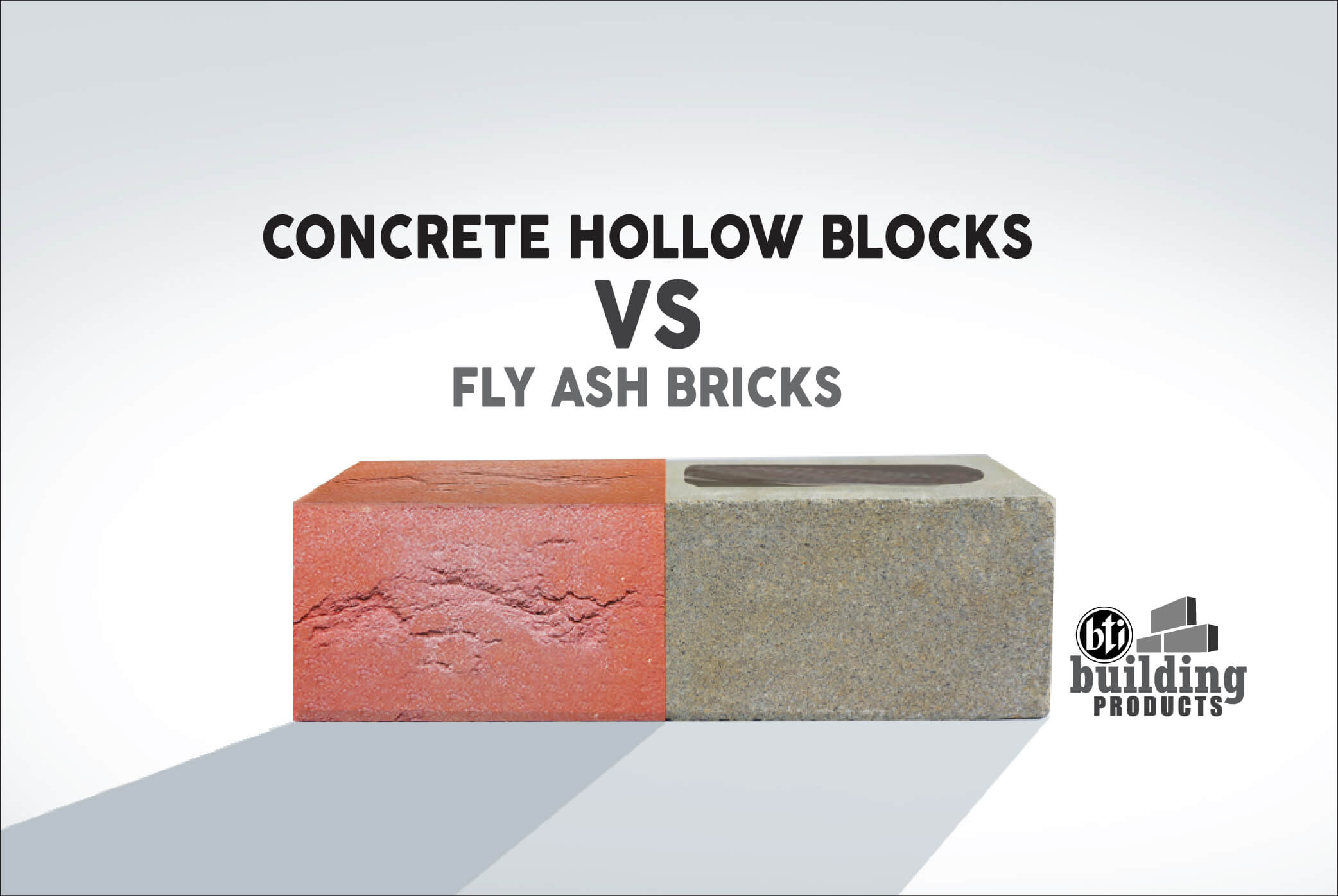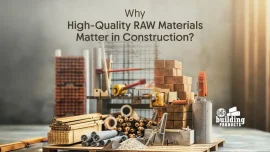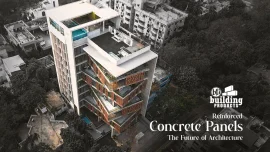
Why Choose Concrete Hollow Blocks Over Fly Ash Bricks?
Masonry has been in use since ancient times. Back then masonry was done using stones only, but nowadays there are several units of masonry. While traditional brick and mortar are still the popular choice in some countries, Bangladesh has taken a new direction almost a decade ago. The use of concrete hollow blocks will become mandatory by 2025, and as a result a large number of developers now use these blocks for construction. Fly ash bricks are also used in some cases. This blog will let you know the pros and cons of using both types of masonry units so that you choose the building product most suitable for you.
Fly Ash Bricks: Pros & Cons
Fly ash bricks are made from fly ash, cement, lime, gypsum, and sand. They can be used in load-bearing and non-load bearing walls, and also in high rise structures, large factories, power plants, irrigation work, etc. Fly ash bricks are well insulated from fire, strong and sturdy even when transported around, uniform in size therefore easy to apply mortar to, and also provides good thermal insulation.
While we have mentioned the main advantages, there are several disadvantages as well.
- Each brick has less mechanical strength. To reinforce the strength you will have to add more mortar or marble waste, which adds more to the costs.
- Fly ash bricks come in limited sizes. If the size is too large it can break during transportation.
- Fly ash bricks cannot absorb heat that well. So, it is not really helpful during the winter seasons or colder regions.
- They are heavier than concrete hollow blocks.
- Concealed wiring is difficult with fly ash brick structures. Use of steel is also not possible in its masonry work.
Concrete Hollow Block: Pros & Cons
Concrete hollow blocks are made from several raw materials including cement, aggregates, water, sand or gravel. Sometimes industrial wastes such as fly ash are also added to the mixture. These blocks have one or more large holes, with the solid part being 50-75% of the total block volume. The cavities are meant to reduce the total cross-sectional area of the block. They have a wide variety of uses. The blocks can be used to create interior and exterior load bearing or non-load bearing walls, curtain walls, panel walls, partition walls, to back stone walls, floodproofing, building fireproof walls, retaining walls, and piers etc.
So why are concrete hollow blocks so popular in masonry? Here are some of the benefits!
- They are lightweight and very durable, so there is less unusable load which saves reinforcement steel. However, concrete hollow block structures can be generously reinforced with steel.
- They are eco-friendly as they incorporate use of industrial by-products as raw materials. Unlike clay bricks which are burnt and cause air pollution, concrete hollow blocks are machine-made and do not harm the environment. They also do not use topsoil unlike clay bricks, which saves agricultural lands from destruction.
- They are easy to install, meaning the masonry work takes less time compared to other construction materials.
- Concrete hollow blocks have amazing thermal insulation, making them ideal for use in all regions and climates. Because of their versatility, the blocks are readily used in landscaping and interior designs as well.
- Hollow blocks are relatively soundproof and also weather-resistant as they are less prone to water absorption.
- They enhance earthquake resistance of buildings!
- Since they are machine-made they have a smooth structure, making them easy to work with. They also consume less mortar for this reason, thus saving costs and time.
- They come in a wide number of sizes. You can set custom sizes according to your preferences and purpose.
Concrete hollow blocks and fly ash bricks have similar properties too. They are both grey in color, have similar dry densities, and have good termite resistance. Therefore, you should choose what suits your plans best based on the information provided in this article. They have their own pros and cons, but both are excellent for masonry. However, if you are interested in our concrete hollow blocks, call us at 16604, or visit www.btibuildingoroducts.com or Whatsapp: +8801313401405.




